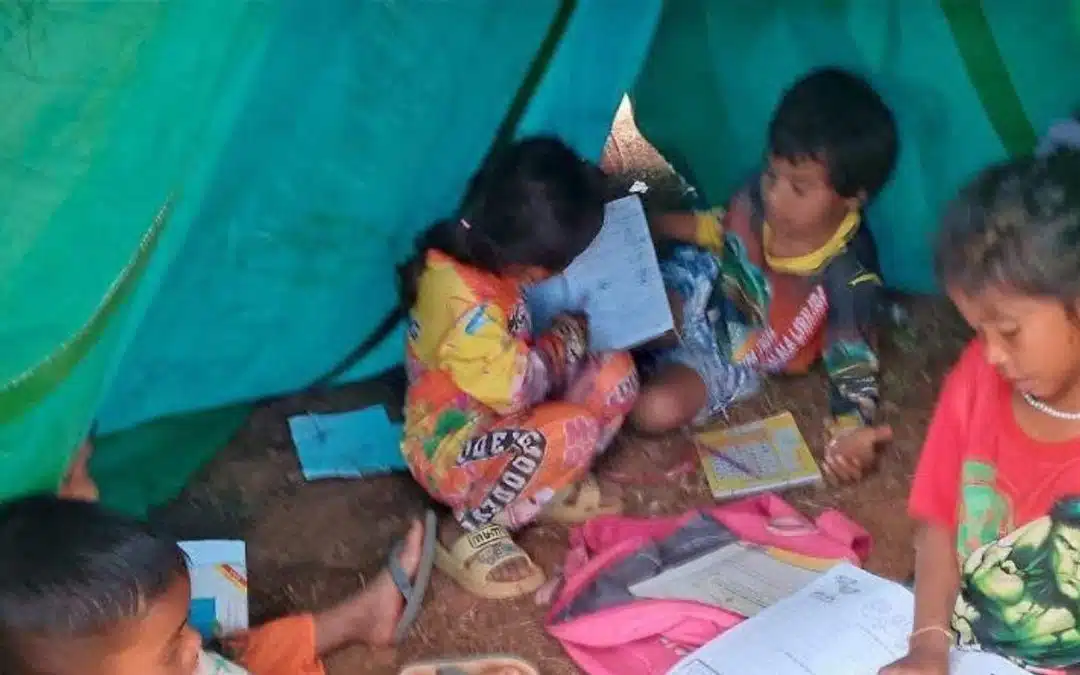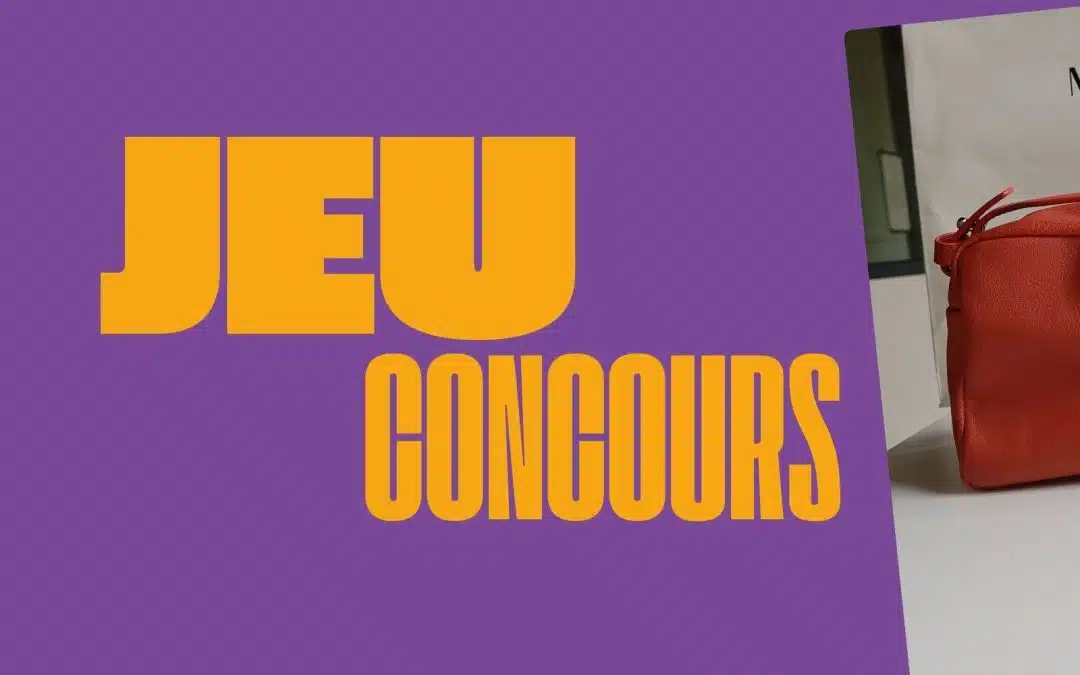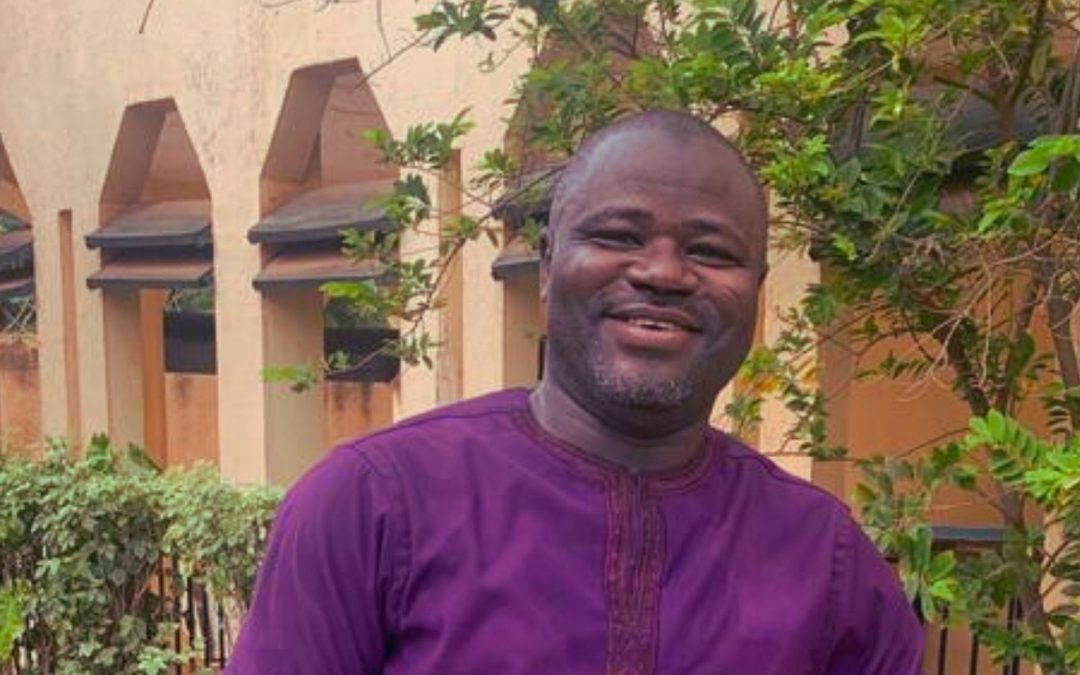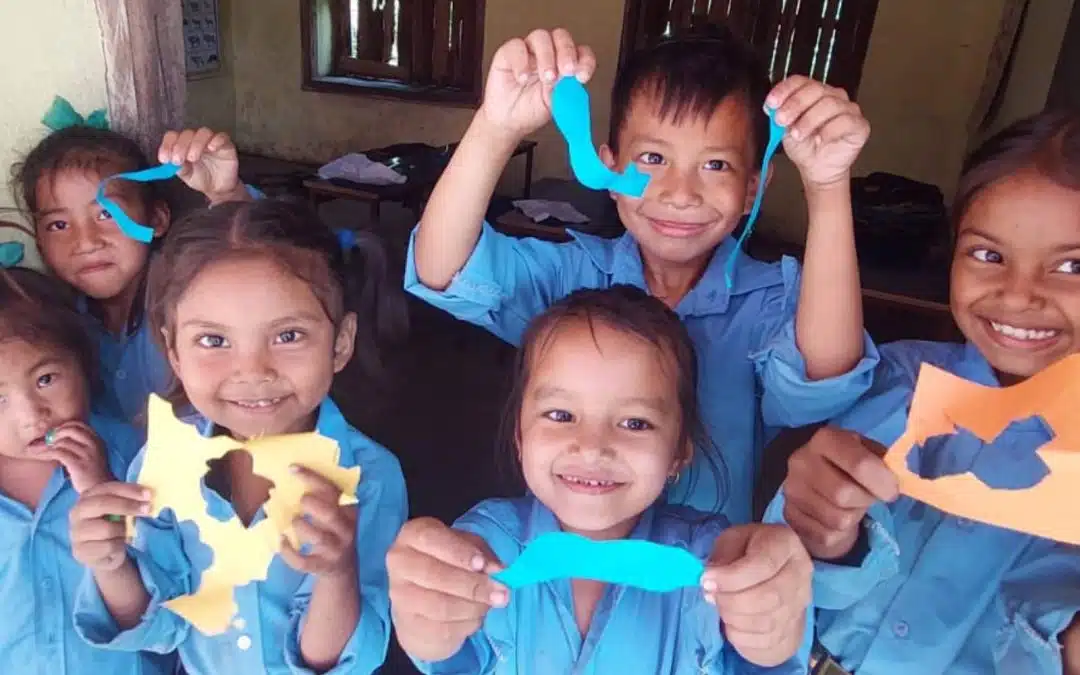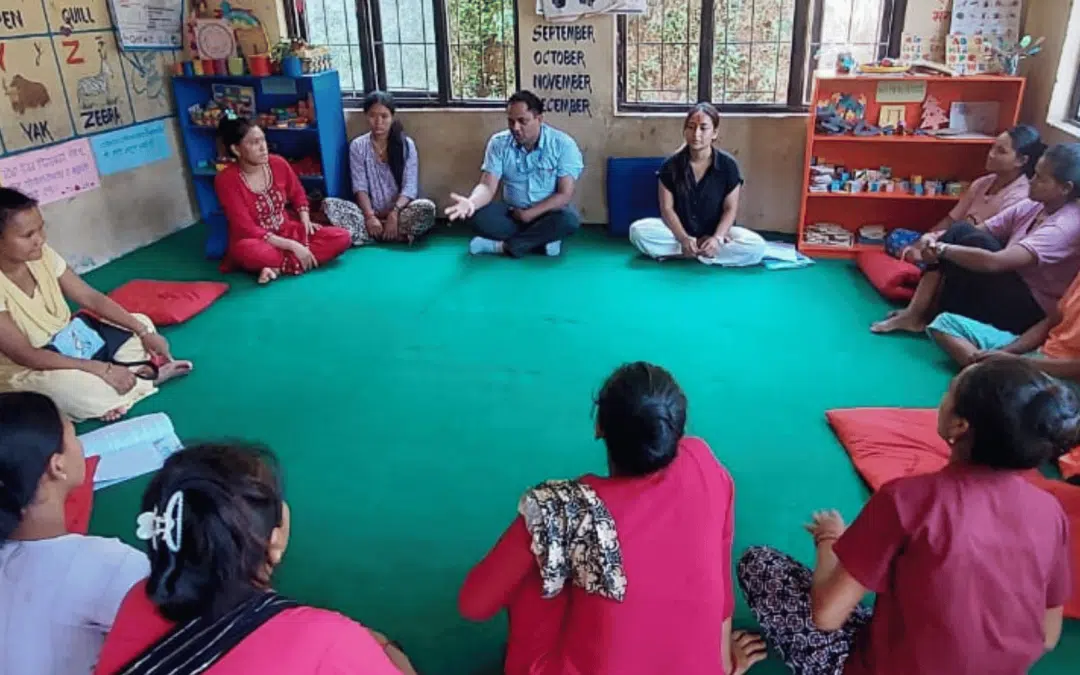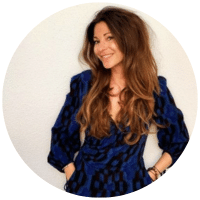
Hi Mylène, why don't you tell us a little more about yourself?
I'd love to! I'm 37, I studied history and geopolitics and I love Colombo. As a result, I've been a journalist-reporter for 13 years! I was always between planes. Two years ago, I felt the need to settle down a bit more. As part of my reconversion project, working in philanthropy soon seemed like a good idea, to keep one foot in the field. That's when I met Planète Enfants & Développement, where I've been working for the past year and a half.
What attracted you to the organization?
I was quickly won over by the benevolence and professionalism of the association's members. And by its values too. The projects are very concrete and aim to empower the beneficiaries. I like the "start-up" way it works: we study the need, test and then scale up the project. It suits my personality.
What's your day-to-day work like?
My role in the association is to solicit and convince donors to support us, especially those with a high potential for commitment.
In my day-to-day work, I organize meetings to introduce them to the association, provide information on its latest developments, and organize fund-raising events, such as generosity dinners across France and soon in Switzerland, or the "120' pour l'avenir de nos enfants" evening, which brings together project leaders and donors live.
In the end, I have to convince people that a donation makes a lot of sense. This is quite easy with Planète Enfants & Développement, as I can show donors the impact of their donation in the field. For example, I recently organized a videoconference between one of our project managers and a donor who partly financed the running of a social center for women victims of prostitution in Nepal.
What I love most of all is building bridges between very different people, between people who live in the 4 corners of the world and who would never have met.
Do you have an emotion or an anecdote to share?
During a mission to Burkina Faso, I met women who had recently been trained as childminders. I visited the crèche that one of them had developed. To show me, she picked up her diploma, which she carefully stores in a plastic bag in a cupboard. "I'm afraid of damaging it. This diploma is a new life for me".
I hope that through our work, we can contribute to rebalancing wealth and skills, erasing inequalities and giving everyone a chance.

